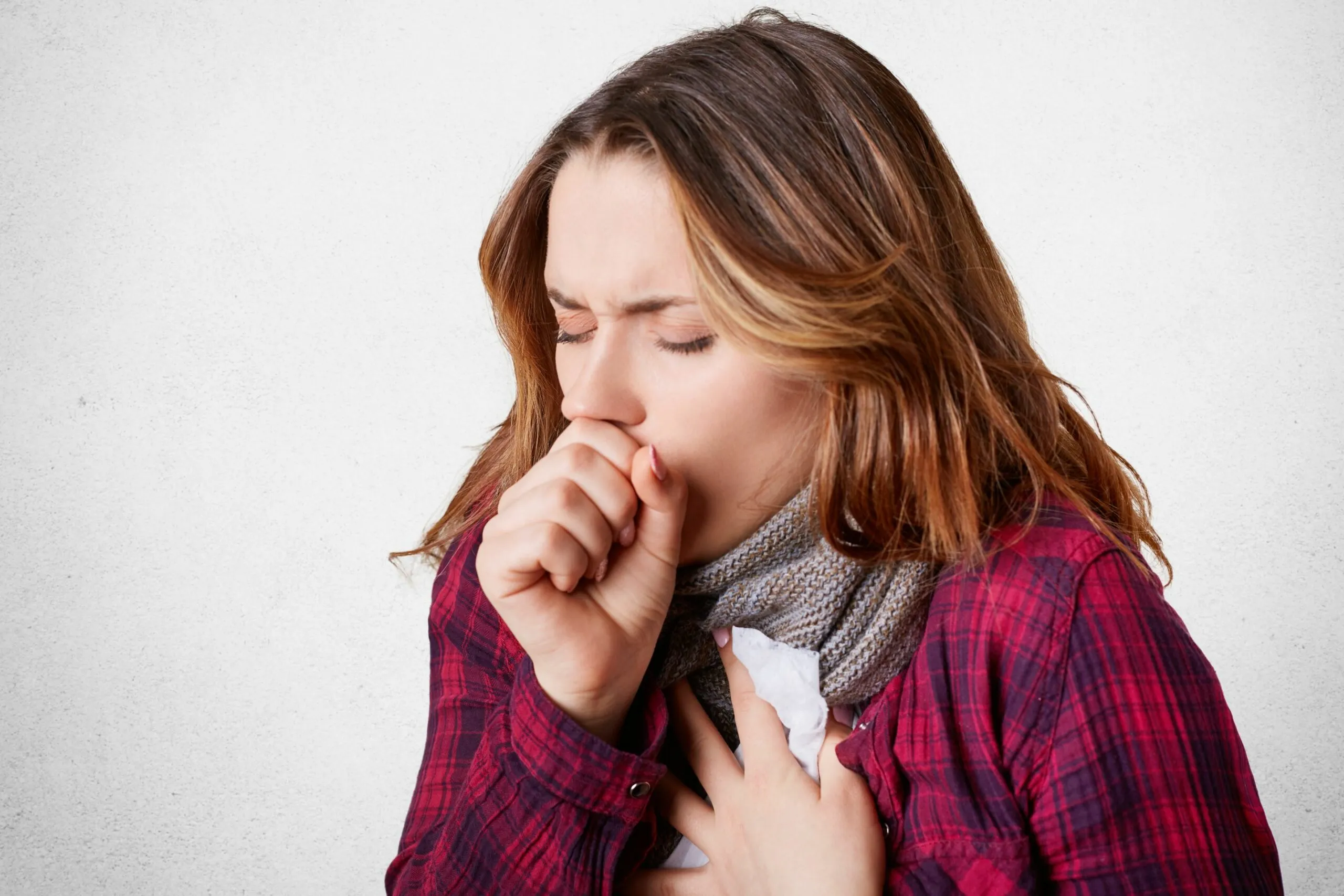Pneumonia is a serious infection that affects the lungs and can be caused by various types of bacteria, viruses, or fungi. It is a common illness, especially in older adults and those with compromised immune systems, and can lead to severe complications if not treated promptly.
Symptoms of Pneumonia
Symptoms and signs of pneumonia can vary depending on the severity of the infection, but common ones include:
Fever
Cough, which may produce phlegm or mucus
Chest pain or discomfort
Shortness of breath or difficulty breathing
Fatigue or weakness
Muscle aches and pains
Sweating and chills
Loss of appetite
Nausea and vomiting
In more severe cases, pneumonia can also cause confusion, rapid breathing, low blood pressure, and a bluish tinge to the skin due to a lack of oxygen.
If you suspect that you or someone you know may have pneumonia, it is important to see a healthcare provider as soon as possible. The healthcare provider will perform a physical exam and may also order tests such as a chest X-ray, blood test, or sputum culture to confirm the diagnosis.
Treatment for Pneumonia
Treatment for pneumonia typically involves a combination of medications, including antibiotics to kill the infection, and supportive care to help manage symptoms. If the infection is severe, hospitalization may be necessary.
Antibiotics are the primary treatment for bacterial pneumonia, and the type of antibiotic prescribed will depend on the specific type of bacteria causing the infection. Viral pneumonia is typically treated with antiviral medications, although antibiotics may also be prescribed if the patient is at high risk for complications. Fungal pneumonia is treated with antifungal medications.
In addition to medications, supportive care for pneumonia may include oxygen therapy to help improve breathing, chest physiotherapy to help clear mucus from the lungs, and pain medication to manage any discomfort.
Preventing pneumonia is important, as it can be a serious and potentially life-threatening illness. There are several steps you can take to reduce your risk of developing pneumonia, including:
Getting vaccinated against pneumonia and the flu
Washing your hands frequently to prevent the spread of infection
Avoiding close contact with people who are sick
Quitting smoking, as smoking damages the respiratory system and increases the risk of pneumonia
Eating a healthy diet and getting regular exercise to boost your immune system
If you are at high risk for pneumonia due to a compromised immune system or other underlying health condition, your healthcare provider may recommend additional preventive measures such as pneumococcal vaccines or antibiotics to take before certain types of medical procedures.
Pneumonia is a serious infection that can lead to severe complications if not treated promptly. If you experience any of the symptoms or signs of pneumonia, it is important to see a healthcare provider as soon as possible. With prompt treatment, most people recover from pneumonia and can return to their normal activities. However, it is important to follow your healthcare provider’s treatment plan and take any prescribed medications as directed to ensure a full recovery.

 Home
Home Health
Health Diet & Nutrition
Diet & Nutrition Living Well
Living Well More
More












